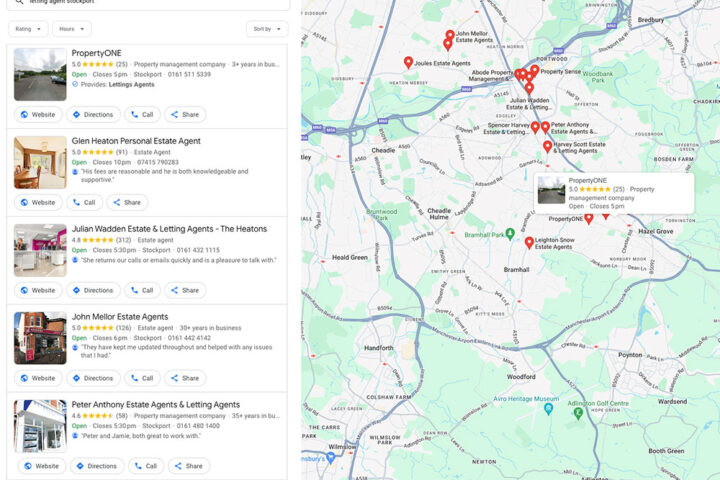SEO in 2025: What Works Now
You're approaching SEO the wrong way
Here’s what actually works now
Search engine optimisation (SEO) is evolving fast, but many marketers and SEOs are still relying on outdated strategies rooted in an obsession with keywords and competition scores that no longer reflect how modern search engines work.
In 2025, SEO isn't about chasing keywords. It’s about solving problems.
With AI-powered overviews and smarter search algorithms becoming the norm, the way visitors interact with search results has fundamentally changed. If you're still measuring keyword volume or trying to outsmart the algorithms with keyword density tactics, it's time to rethink your SEO approach.
From keywords to intent
Search engines today are focused on one core goal: delivering the most helpful and relevant answer to a visitor's query—quickly and efficiently. That means your content needs to prioritise user intent over keyword metrics.
Instead of asking “What’s the best keyword to target?” ask “What is the real question or need behind this search?”
When someone types a phrase into Google or Bing, they’re looking for a specific answer or solution. The content that will perform best is the one that delivers that solution clearly and directly.
SEO in 2025: What works now
Search engines no longer rely on keyword matching in the way they once did. Natural language processing and machine learning help them understand context, user behavior, and content quality. As a result, they reward content that’s:
- Clear and relevant
- Authentically helpful
- Structured to match search intent
So what does this mean in practice?
- Educational blog posts that answer common questions
- Comparison pages that help users evaluate options
- Landing pages with straightforward calls to action
- Proof-driven content, like case studies or testimonials
- User-friendly product or service pages that prioritise clarity over buzzwords
Why keyword tools aren’t the whole picture
Many SEO platforms provide metrics like “competition score” or “keyword difficulty.” These can be useful for understanding market interest, but they’re not used by Google’s ranking systems. Search engines don’t look at those scores—they look at content performance, visitor engagement, and how well a page resolves the search query.
Relying solely on these metrics can lead to over-optimisation or misplaced priorities. For example, you might focus on ranking for a high-volume keyword that doesn’t actually match what your audience needs—or worse, create content that never gets found because it doesn’t solve a real problem.
How to align content with search intent
To succeed with AI-driven search, you need to think more like a problem-solver than a keyword strategist. Here's a simple framework:
- Start with a query: Choose a keyword or phrase you're targeting.
- Identify the intent: What is the visitor really asking for? Are they looking to learn something, compare options, or make a decision?
- Audit your content: Look at the page you've created for that query. Does it answer the question directly and clearly? Does it help the visitor take the next step?
- Fill in the gaps: Add missing sections, restructure the flow, or improve the clarity so it aligns with the visitor's expectations.
A more sustainable SEO strategy
Instead of chasing trends or over-analysing keyword data, focus on building a helpful, intuitive content experience. Match the type of content to where your audience is in their journey—from awareness to consideration to conversion. This shift not only helps with SEO performance—it also improves visitor satisfaction, builds trust, and supports long-term growth.
What to do next
- Choose a keyword you’re targeting.
- Ask: What problem is the searcher trying to solve with this query?
- Review the content you’ve created. Does it solve that problem—clearly, directly, and quickly?
If not, update the content. The best SEO strategy is no longer about technical tricks or keyword stuffing. It’s about meeting your audience’s needs better than anyone else. That’s how you'll earn rankings in today’s search environment—and keep them.
Need help with your SEO strategy and implementation or need to update your content? Contact me for help with digital marketing.



